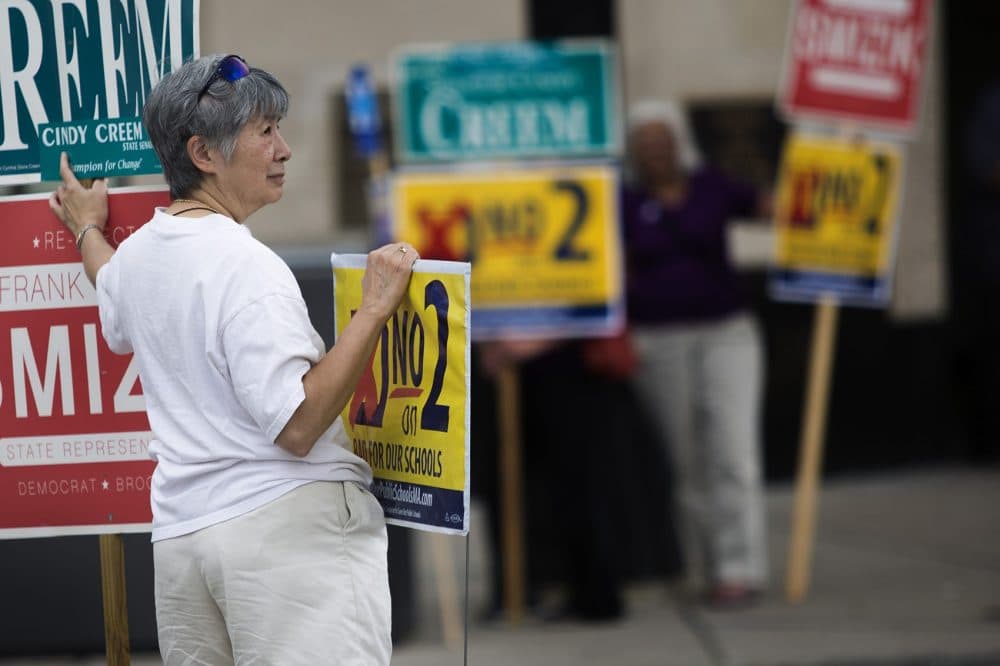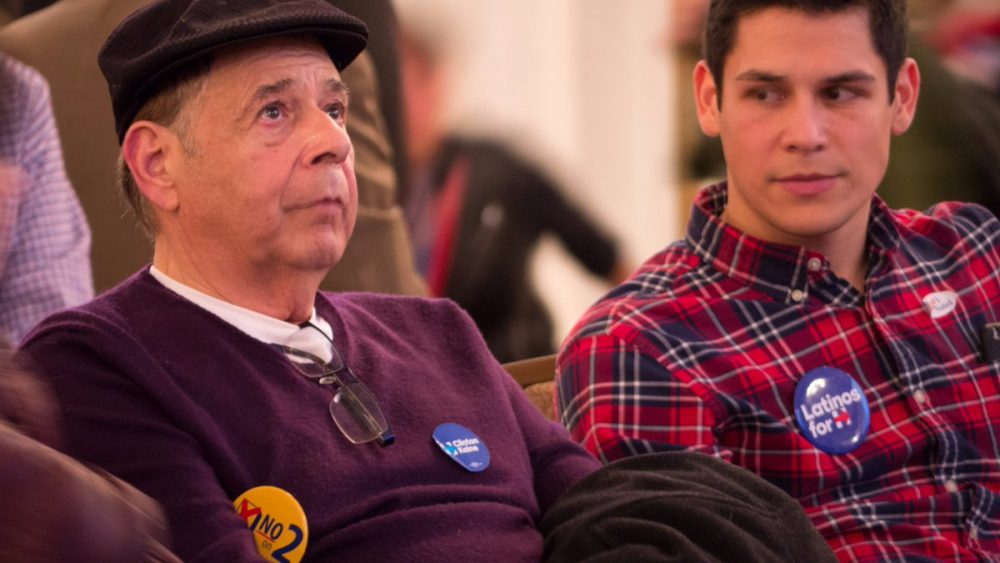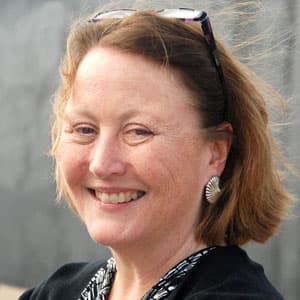Advertisement
Mass. Voters Say No To Charter School Expansion
Resume
Massachusetts voters have decided not to lift the cap on charter schools.
It was a clear victory for the No on 2 campaign. With 96 percent of precincts reporting, only 38 percent voted in favor of expansion while 62 percent voted against raising the cap. (See full results at the bottom of this story.)
Question 2 would have allowed as many as 12 new or expanded charter schools a year. Its defeat means new charter applications will continue to follow the existing rules, which tie the number of charter seats to a percentage of public school funding — 9 percent in most districts, and 18 percent in the lowest-performing ones.
'Elevate All Of Our Young People'
Opponents apparently swayed voters with their arguments that charter schools do not serve the neediest students, drain money from district schools, and could have proved "apocalyptic" for city budgets and led to less state oversight of how charters are run. In addition, even some supporters of charter schools in general expressed doubts about the specifics of the ballot question itself.
Rhianwen Kast-McBride, who is 15 years old, said she feels victorious.
"We just basically saved our schools," she said.
For weeks, she and her friends from Boston Arts Academy have been putting up posters and campaigning with their parents. They joined teachers, politicians and other supporters at the No on 2 watch party Tuesday night to see the results come in.

Another opponent of lifting the charter cap, Boston City Councilor Tito Jackson, says the results are a message that the people of Massachusetts want the state to improve the public schools we already have — not build new ones.
"Instead of picking or choosing winners or losers and having that corporate mentality, we need to have a communal mentality — one where we elevate all of our young people," Jackson said.
He is calling on state lawmakers to fully fund education -- and focus on building up schools in areas like Boston.
Disappointing Defeat For Question 2 Supporters
Backers of the effort to bring more charter schools to Massachusetts agree with that. Marty Walz -- who is with the group Great School Massachusetts, which campaigned in support of Question 2 -- said schools need more resources.
"From my point of view, it’s not just more money for more of the same," Walz said. "We need more money spent differently and more effectively so that we begin to close the achievement gaps."
Supporters of Question 2 had pointed to the high test scores achieved by many Massachusetts charter schools, multiple studies calling them the nation's best and the thousands of families on waiting lists for charters.
Charter schools receive funding from the districts their students come from. The state is mandated to follow a formula to reimburse the districts for this cost but has not fully funded those reimbursements for several years. The state has also underfunded the so-called "foundation budget," its share of the cost of running public schools, further squeezing local education budgets.
Supporters of raising the cap on charter schools say the defeat is disappointing, but they will continue the great work of current charter schools.
An Ardent, And Expensive, Campaign
The fight over the ballot question was among the most contentious, and by far the most expensive, in state history.
In the weeks leading up to the election, the two sides also focused many of their arguments on questions of who was backing their opponents. Nearly all funding for the opponents came from teachers' unions, leading to claims that the opposition was purely driven by the unions; most of the money in support came from out-of-state donors through groups that opponents attacked as "dark money" because they are not required to release donors' names.
The question split two political leaders who are usually in agreement on education: Boston Mayor Martin Walsh, who spoke out against it, and Gov. Charlie Baker, who campaigned in favor of it. More than 200 local school committees passed resolutions against raising the cap. State education officials, many of whom have ties to charter schools (as do Walsh and Baker), supported it.
This post has been updated with our Morning Edition feature.
This article was originally published on November 08, 2016.
This segment aired on November 9, 2016.

